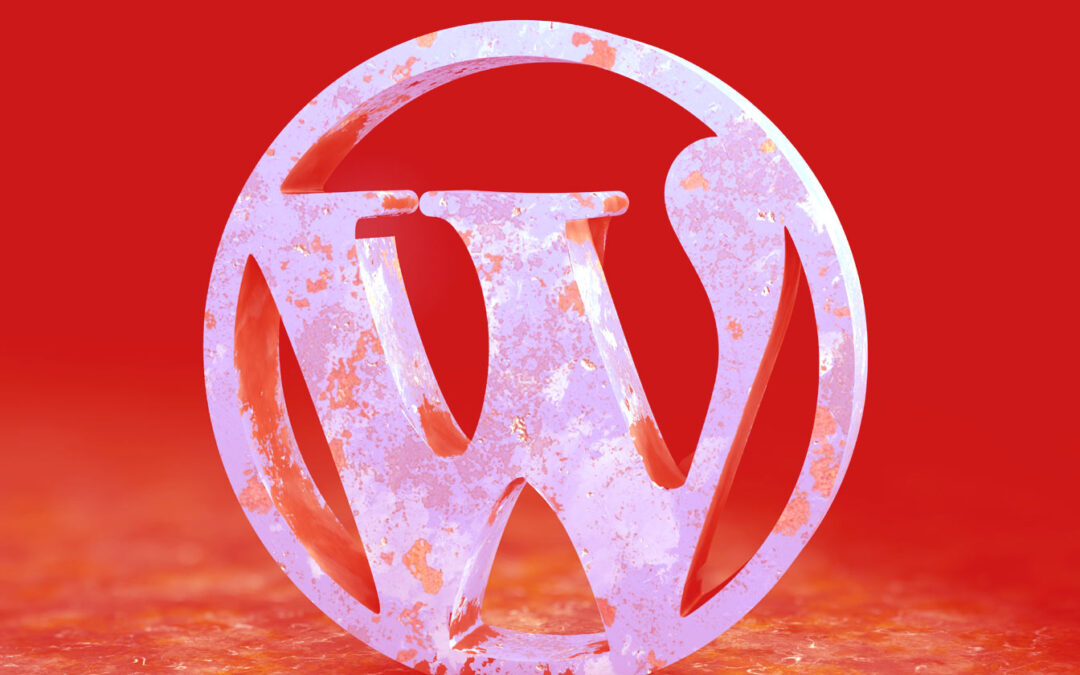In a controversial move that’s rattled the WordPress community, thousands of WP Engine customers have been blocked from updating or installing plugins and themes on their websites. This sweeping action is part of a bitter dispute between WordPress co-founder Matt Mullenweg and the managed hosting provider WP Engine, leaving many users scrambling for solutions.
The issue boiled over during the last day of the WordCamp conference when Mullenweg accused WP Engine of infringing on WordPress trademarks and demanded hefty compensation—reportedly in the tens of millions of dollars. When WP Engine refused to comply, Mullenweg responded by publicly shaming the company and announcing an outright ban, cutting WP Engine off from the WordPress plugin and theme repository.
The ban has sparked outrage among WP Engine customers and divided opinions within the WordPress community. Technology writer Robert Scoble called the decision “universally hated in tech,” noting that most online discussions do not support Mullenweg’s stance. Many feel that WP Engine users are unfairly punished as collateral damage in this escalating feud.
In response to the ban, WP Engine posted an incident report on its website to address concerns and provide a temporary workaround. According to their statement, the block currently does not affect website performance or security, but users cannot update or install plugins through the standard WordPress admin panel. WP Engine has recommended manual installation and updates as a short-term solution and assured customers they are working on a more permanent fix.
The incident has also left many WordPress core contributors feeling blindsided. An anonymous WordPress core developer shared on Reddit that the development community is not rallying behind Mullenweg’s actions. The contributor stated that many developers were caught off-guard by the sudden decision and that contributors have had a “deafening public silence” since the announcement.
“There’s a lot of concern about how this decision was made and what it means for the community,” the core contributor wrote. “Whether Matt is right or wrong, how this has been done is a significant problem. None of the core contributors were informed or consulted, and this lack of communication raises questions about what could happen next.”
The post also highlighted a growing sense of unease within the community, with some contributors considering drastic actions, such as halting their work on the platform, to express their disapproval. Although there’s no indication yet of an organized withdrawal, the contributor hinted that it could be possible if the situation doesn’t improve soon.
As the conflict continues, WP Engine customers are left in a difficult position, unsure of what the future holds for their websites. While some industry leaders have urged both parties to come to the negotiating table, there’s little indication that either side is ready to back down. For now, the clock is ticking toward the October 1st deadline, when the temporary access to updates for WP Engine customers is set to expire.
The ripple effects of this dispute could have long-lasting consequences for the WordPress ecosystem. Users, developers, and hosting providers are watching closely, hoping for a resolution that doesn’t leave thousands of sites in limbo. But until then, the uncertainty surrounding the ban remains, and the WordPress community must brace itself for whatever comes next.
Sara Sheehan is a talented software engineer with a passion for exploring various tech topics. She has a strong expertise in web development, software development, and digital marketing, continually expanding her knowledge in these areas. Sara is dedicated to staying ahead of the curve in the ever-evolving tech industry, always seeking out new challenges and opportunities to grow her skill set.

